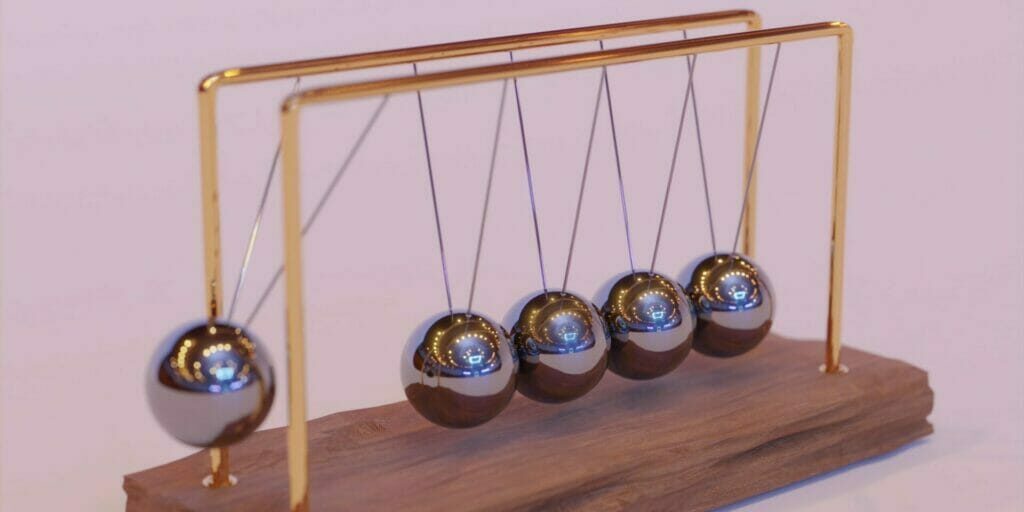I couldn’t wait to hop on a Zoom with a colleague and mentor of mine. He’d recently given me some sage business advice, which I applied, and I wanted to gush about how brilliant and amazing he is.
As soon as the camera popped on, I could tell by the look on his face that the conversation I anticipated wasn’t the one I was going to have.
“Angie, are you okay?” he asked seriously.
“What do you mean?” I responded, feeling a little caught off guard.
He mentioned that he’d been texting me, and he recently left me a voicemail, and I hadn’t returned any of his messages. This seemed uncharacteristic of me and he was worried.
I didn’t remember not responding, but right away I started accepting responsibility and apologizing for my oversight. I felt horrible that he didn’t feel valued, and that maybe I’d been neglecting our friendship – that’s not the type of person I wanted to be.
It wasn’t until several minutes later into the conversation that we discovered something important: he’d been texting and calling my old, disconnected LAN line.
Exploring Our Impulses
We could easily have laughed this moment off, but that’s not why I love my friend. Instead, we geeked out and dug a little deeper into our reactions to the situation to explore our impulses:
- His tendency was to make an assumption about me, my priorities, and my well-being while deflecting the notion that maybe he made a mistake.
- My reaction was to absorb all the blame without question – agreeing, without data, that I was wrong.
I can’t speak for my friend, but I can share what this situation meant to me:
When there’s a problem or mistake, my instincts are to believe I caused it.
I suppose I could travel back in time and reflect on why this is … it certainly makes for interesting reflection. I’m more concerned, though, at the moment about what I can learn and apply from the experience.
While I admit I’m an imperfect human being, I don’t create all the problems that surround me. Accepting blame sometimes seems easier than pushing back and advocating for myself, like, “Dude. I don’t know what you’re talking about. You’re one of my favorite people and I always reply when you reach out.”
Deeper Reflection
My hunch is that my reaction fulfills a need to get out of discomfort fast so I can avoid the awkwardness of conflict. Sometimes this is okay to do, especially when the issue is of no importance. But sometimes, especially in scenarios like the one above, I need to gather more data and be on my side more.
What do your reactions say about you? You’ve heard that there are physiological reactions when we feel stressed or threatened: fight, flight, freeze, or fix. Where do you go when you’re in the midst of conflict? And, of course, what does this say about you – when does it help? When does it hurt you?
Challenging Tendencies
Here’s a challenge for us all: let’s be more curious about our emotions, specifically our emotional reactions to circumstances, so we don’t act on them blindly. The more emotionally intelligent we can be, the better able to are to respond versus react in key moments, which allows us to be more self-managed and further promote healthy conflict in our relationships.








